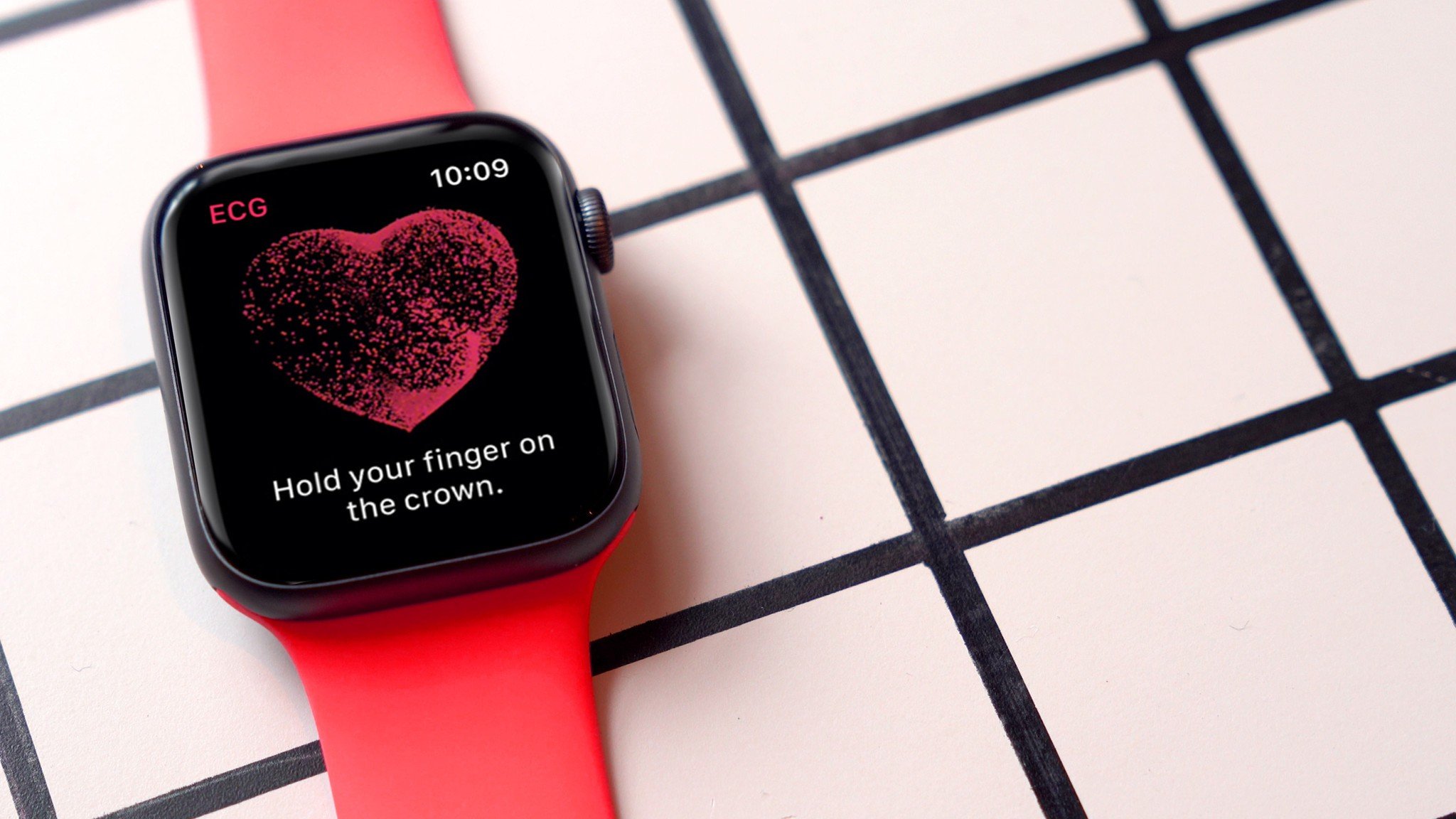Apple Watch could remotely monitor heart patients' frailty, says study

What you need to know
- Apple Watches could be used to monitor heart patients' frailty, says a new Stanford study..
- The study was backed by Apple and was published in PLoS One.
A new Apple-backed Stanford study notes that an Apple Watch could be used to monitor heart patients' frailty with surprising accuracy. The study involved giving Apple Watches and iPhones 110 patients and then using the devices to measure their health. Similar checks were carried out during clinic visits to provide a basis for comparison.
Smartphone and wearable-based activity data provide an opportunity to remotely monitor functional capacity in patients. In this study, we assessed the ability of a home-based 6-minute walk test (6MWT) as well as passively collected activity data to supplement or even replace the in-clinic 6MWTs in patients with cardiovascular disease.
By comparing the readings taken by the Apple Watch and in-clinic tests, the study was able to figure out whether Apple's wearable could be used to reliably measure frailty.
According to the study, which is outlined on PLoS One, the Apple Watch was able to accurately assess a patient's frailty with up to 90% sensitivity and 85% specifically.
Under a supervised in-clinic setting, the smartphone and Apple Watch with the VascTrac app were able to accurately assess 'frailty' with sensitivity of 90% and specificity of 85%. Outside the clinic in an unsupervised setting, the home-based 6MWT is 83% sensitive and 60% specific in assessing "frailty." Passive data collected at home were nearly as accurate at predicting frailty on a clinic-based 6MWT as was a home-based 6MWT, with area under curve (AUC) of 0.643 and 0.704, respectively.
The study ultimately concluded that Apple Watches could indeed be used to measure such things remotely without the need for regular clinic visits.
In this longitudinal observational study, passive activity data acquired by an iPhone and Apple Watch were an accurate predictor of in-clinic 6MWT performance. This finding suggests that frailty and functional capacity could be monitored and evaluated remotely in patients with cardiovascular disease, enabling safer and higher resolution monitoring of patients.
The Apple Watch Series 6 has more sensors than ever and the number is only likely to increase in the future. Apple already focuses heavily on health with its wearable which is why it backed this study.
You don't have to spend Apple Watch Seres 6 money to get in on the act, either. There are some great cheap Apple Watches to be had, too.
iMore offers spot-on advice and guidance from our team of experts, with decades of Apple device experience to lean on. Learn more with iMore!

Oliver Haslam has written about Apple and the wider technology business for more than a decade with bylines on How-To Geek, PC Mag, iDownloadBlog, and many more. He has also been published in print for Macworld, including cover stories. At iMore, Oliver is involved in daily news coverage and, not being short of opinions, has been known to 'explain' those thoughts in more detail, too.
Having grown up using PCs and spending far too much money on graphics card and flashy RAM, Oliver switched to the Mac with a G5 iMac and hasn't looked back. Since then he's seen the growth of the smartphone world, backed by iPhone, and new product categories come and go. Current expertise includes iOS, macOS, streaming services, and pretty much anything that has a battery or plugs into a wall. Oliver also covers mobile gaming for iMore, with Apple Arcade a particular focus. He's been gaming since the Atari 2600 days and still struggles to comprehend the fact he can play console quality titles on his pocket computer.
